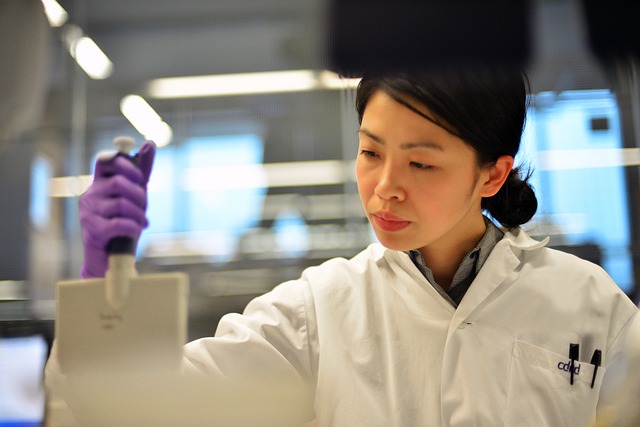This year’s First Global Robotics competition grabbed the nation’s attention as Afghanistan’s all-girl team was denied their visas twice leading to a public uproar. They were eventually granted travel documentation to come participate in the event in person in Washington, D.C.
As an Afghan woman who founded the country’s only coding school for girls, it was a painful but an important news event to watch unfold. It was as if my own personal story was finally brought into the national spotlight, and to watch its happy ending was deeply satisfying.
I was born an Afghan refugee in Iran during the Soviet invasion of Afghanistan. One year after the collapse of the Taliban regime, my family and I moved back to Herat. There, I went to high school and went on to earn my Bachelor’s Degree in Computer Science before getting my Master’s from the Technical University of Berlin. Following my education, I returned to Afghanistan where I taught Computer Science at Herat University for almost three years.
As a female professor, I faced many challenges because of gender norms that dictate how women should behave and spend their time in Afghanistan. Our patriarchal society makes it difficult for women to walk in the street freely or laugh out loud – let alone teach and learn Computer Science.
During my teaching years at Herat University, I saw brilliant women with advanced degrees who were unable to find meaningful work that was commensurate with their studies and experience.
I knew that I needed to find a way to shift perceptions so that women could access fulfilling careers in Afghanistan. Allowing women to access the workplace could help position our country in the global marketplace.
So in 2015, I founded Code to Inspire, a U.S.-based nonprofit committed to teaching female students in Afghanistan how to code. Through Code to Inspire, I was able to open the first coding school for girls in Afghanistan.
All of this began while sitting at a coffee shop in Brooklyn, New York. While being so far away from home is painful, the world is, thankfully, wired through the magic of Internet. That is how I was able to found a coding school in Herat where Afghan women could be safe and have free access to a quality STEM education.
If girls are capable of coding and programming, their families and communities will realize that women should receive an education leading to satisfying careers. Once these women start earning an income and financially support the household, families and neighbors will begin, if ever slowly, to realize how much untapped potential they’ve been unknowingly living with. They’ll start to realize what we’re capable of.
The good thing about perceptions is that we can change them. They do not change overnight. It could be long and painful but change can happen.
Perceptions towards women in the West have shifted drastically in the past few decades, and economic prosperity has ensued as a result.
This is why changing the perceptions towards women and girls in Afghanistan is crucial to our country’s social and economic progress. Afghanistan is a war-torn nation and as a result education fell by the wayside, but as Rumi says “where there is ruin, there is hope for great treasure.” Our female coders are among our country’s greatest treasure.
When given the necessary tools to succeed, as witnessed with the robotics competition in Washington D.C., we enable our women to thrive. When they thrive, our society starts to notice and shift, if ever so slightly, their perception of women and their capabilities.

